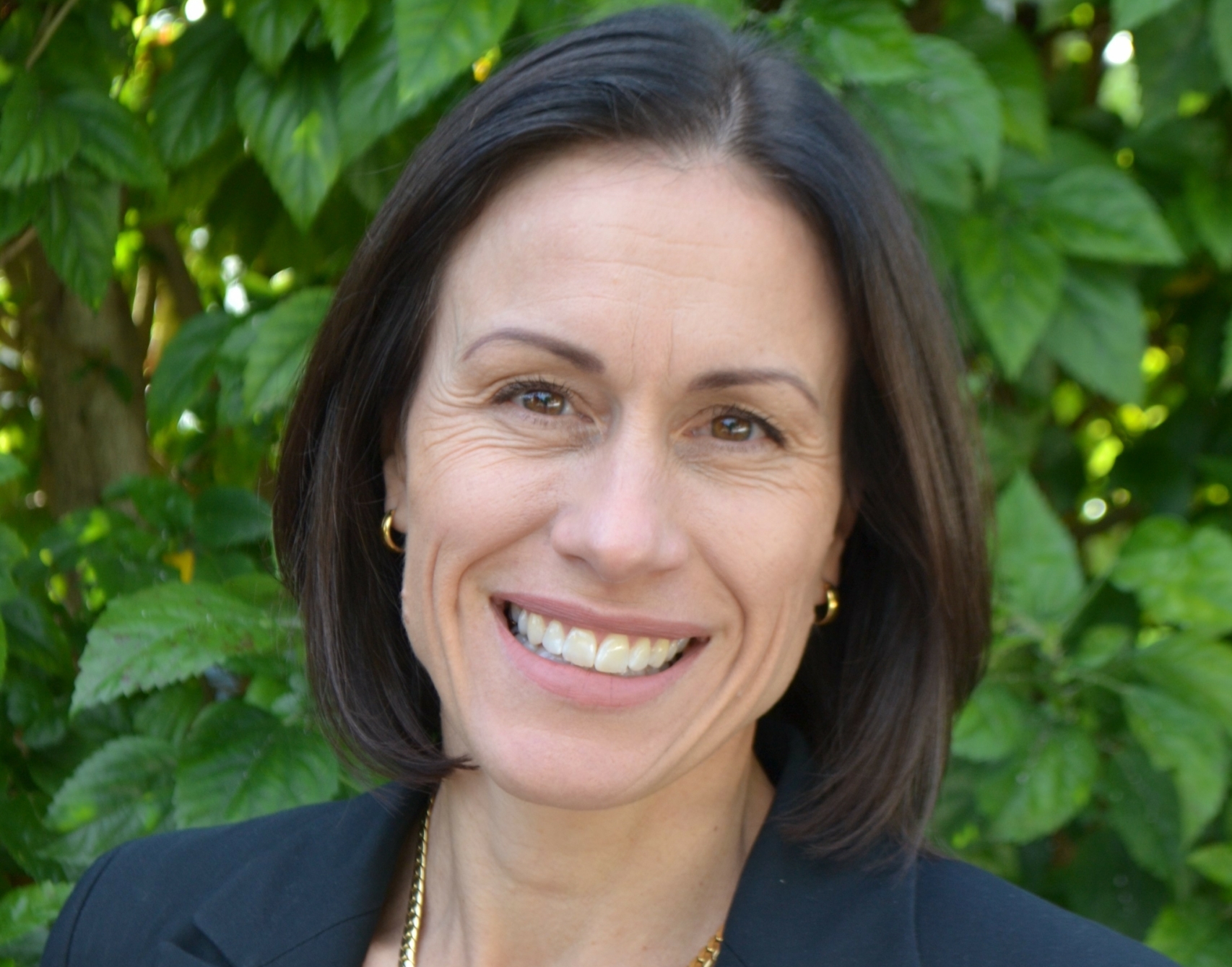
The Real Estate Buyers Agents Association of Australia (REBAA) has reported a growing trend of property investors adopting a “borderless” approach, purchasing properties in different states than the ones they reside in. However, the association warns that this strategy comes with unique challenges and potential risks.
REBAA President Melinda Jennison said, “Having a holistic national view on property investment opportunities can be a smart strategy for investors, but it is also requires much more due diligence and experience.”
Jennison stressed the importance of understanding that real estate legislation varies between states and territories, which means the buying process can differ significantly. For example, buying at auction in Melbourne or Sydney is very different from buying at auction in Brisbane, with price guides used in Victoria and New South Wales but not permitted in Queensland.
Disclosure requirements and contract processes also vary between states, making it crucial for buyers to gain an understanding of state-based real estate processes to minimise risk.
Jennison cautioned against buying in unfamiliar areas or purchasing sight unseen without an appropriately licensed person inspecting the property, as investors may not fully grasp the nuances of local market conditions or specific locations.
“Expert local area knowledge is non-negotiable no matter where you are buying property as it can prevent you unknowingly buying an inferior property or overpaying for a second-rate location,” she said.
Jennison also emphasised the importance of working with REBAA accredited buyer’s agents when purchasing property interstate, as they have the relevant real estate licences to operate in the state or territory they are recommending.
According to the 2023 Annual PIPA Investor Sentiment Survey, nearly 50 per cent of investors were looking to purchase outside the state they lived in, up from 43.5 per cent the previous year.